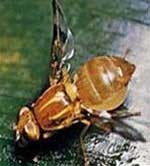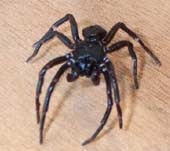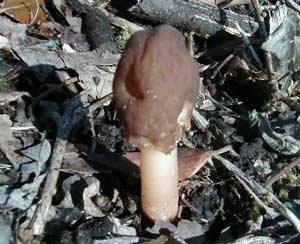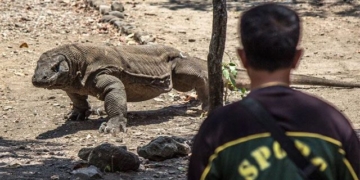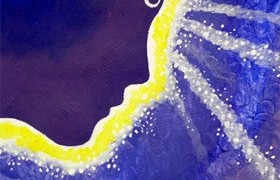Is Earth at risk of being invaded by a superdrug-resistant bacterium from the International Space Station (ISS), similar to what we see in science fiction movies?
Scientists have recently pointed out in a study that a type of bacterium brought back to Earth by astronauts has survived and adapted to the harsh environment of the ISS. It is dangerous enough to have become extremely antibiotic-resistant.
Specifically, researchers have identified the presence of the bacterium Enterobacter bugandensis on the ISS.
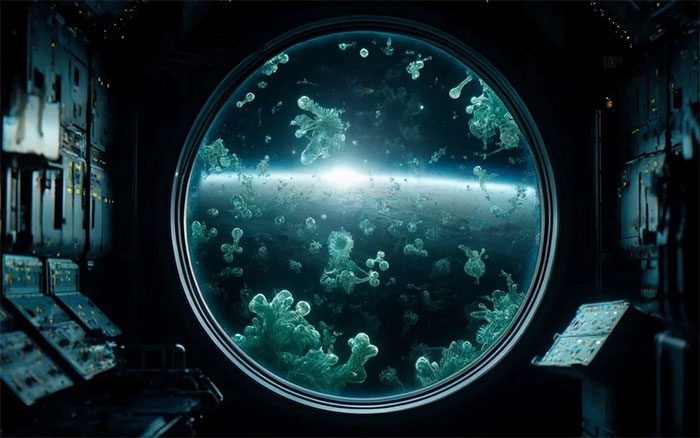
The presence of a potentially dangerous mutant bacterium on the International Space Station (ISS) raises concerns for NASA (Illustration: Trust My Science).
Despite the tightly controlled and harsh environment of the ISS (due to microgravity, high CO2 levels, and increased solar radiation), it has survived and adapted in the astronauts’ workspace.
Health Threat
Unlike some bacteria that have been cultivated inside the ISS, Enterobacter bugandensis presents a different story.
It is naturally present in our gut microbiota and has now mutated to adapt to the space environment.
During the Microbial Monitoring mission, scientists isolated 13 strains of this bacterium found at various locations on the ISS.
They classified them into the ESKAPEE category – pathogens with extremely high resistance to all forms of treatment.
The mutated Enterobacter bugandensis can cause severe bloodstream infections in humans. This raises concerns for NASA, especially in the space environment, which can affect the bacterium’s virulence.
The study was published in the journal Microbiome, and scientists emphasized the need to protect the health and safety of astronauts.
In the past, scientists also discovered the presence of two types of bacteria on the ISS, respectively in 2018 and 2021.
These also raised concerns about their transmission to Earth. Fortunately, advancements in science have shown that these species are harmless to humans.
In fact, they possess interesting protective properties for plants – beneficial for agriculture in space.








































